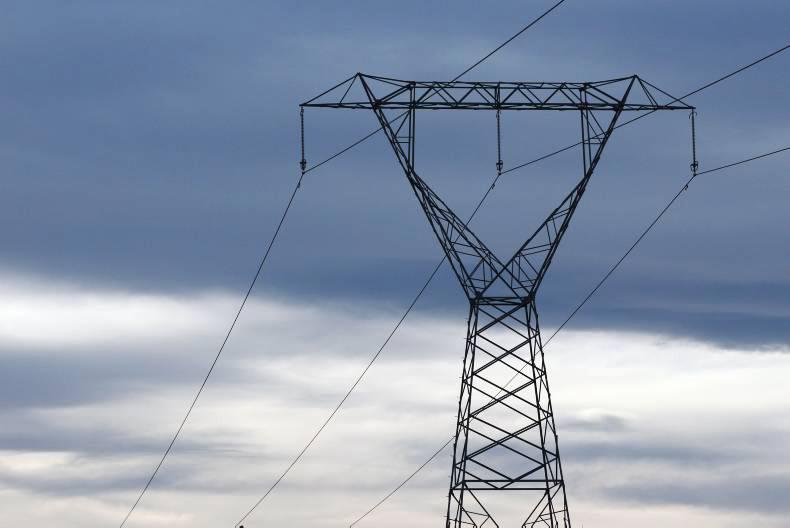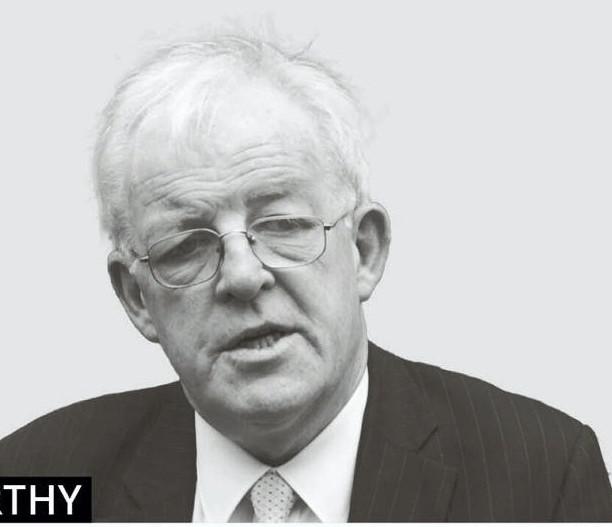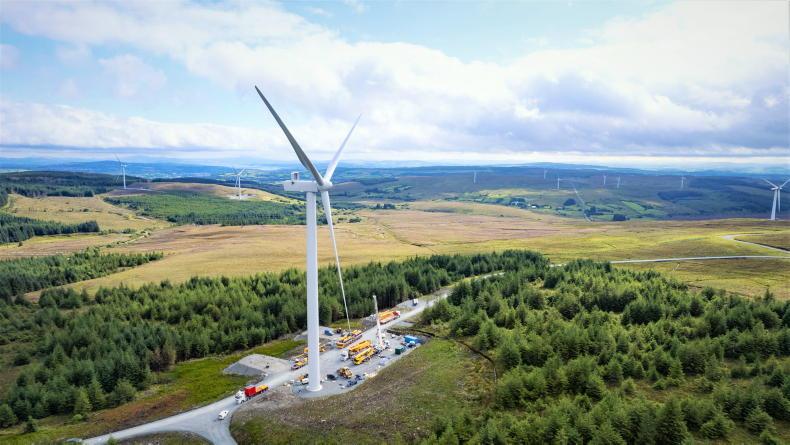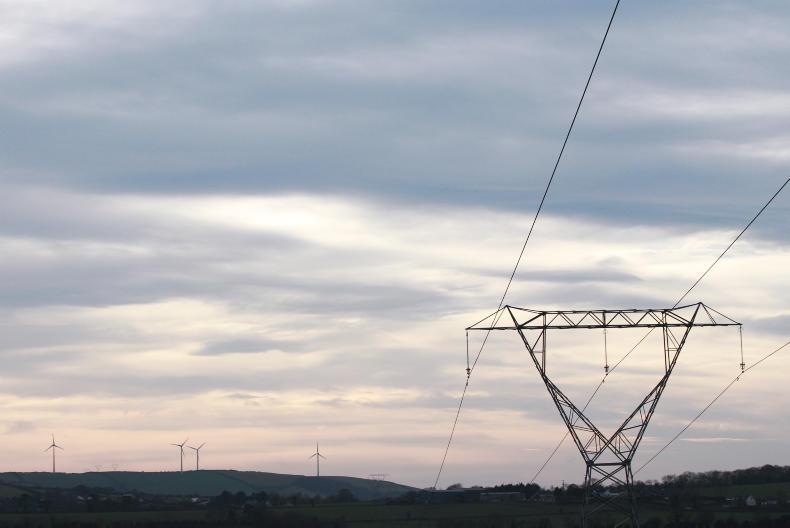The main focus for farmers at EirGrid’s North-South interconnector oral hearings has been on how the proposed project could directly affect their farming practices.
Farmers are concerned about the damage heavy machinery involved with the project could do to laneways given that they are not constructed to hold substantial weights, while they are also conscious of the damage that could be done to fields.
The IFA environment and rural affairs chair Thomas Cooney recently attended an oral hearing in Monaghan, where he addressed farmers’ concerns.
“Farmers and their families continue to raise real and practical concerns at the hearing. These include issues such as the impact the proposed project will have on farming practices and the significant level of disturbance likely to take place during construction.”
A worrying issue for Cooney was that “farmers are receiving very little feedback about their concerns”.
Another practical issue included a contractor worried about whether his GPS would work correctly under these proposed power lines, while concerns about the placement of a pylon at the bottom of a steep hill that could be dangerous when spreading slurry were worrying one farmer.
With EirGrid making 31 total changes to access routes, Meath East TD and Government chief whip Regina Doherty is frustrated with the current situation.
“I am appalled at the conduct of EirGrid over the last number of weeks. For the second time in the duration of this oral hearing, EirGrid has announced major changes to their planning application, all without any prior consultation or of notification to the public, and more importantly with affected landowners.”
Continuing, she said: “It is simply not good enough that the taxpayer is footing a bill for an application from EirGrid that is making a complete mockery of the public and our planning processes.”
A spokesman for EirGrid, David Martin, said: “Of the total changes, 13 were made in relation to farmers’ queries while the remaining 18 were made after a review of the planned routes.”
While he admitted that putting the proposed line underground was an issue that kept coming up at the oral hearings, “it is not feasible and there is no contingency plan for underground”.










SHARING OPTIONS